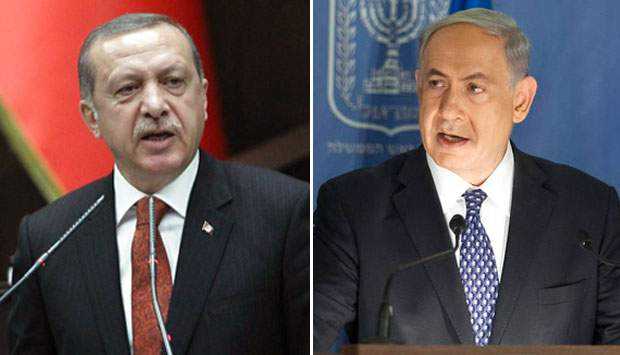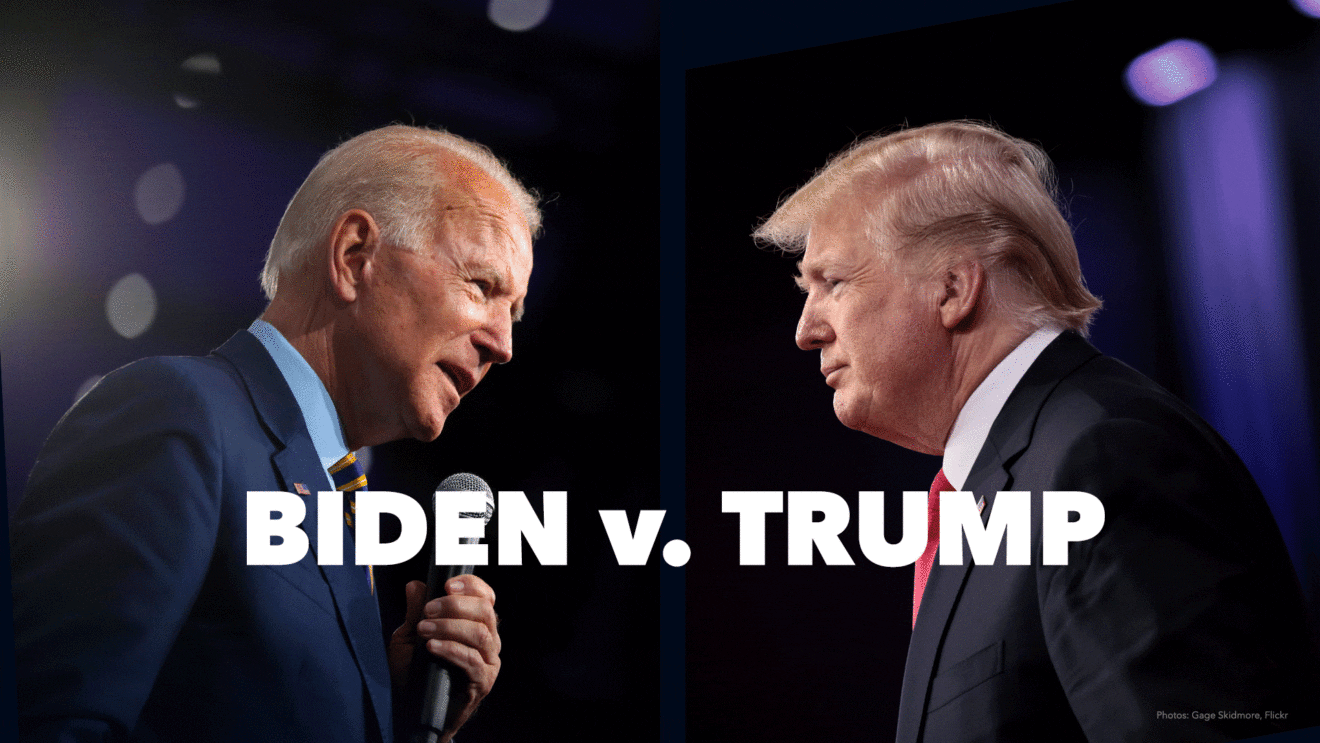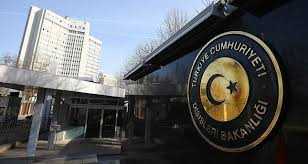Up until a few years ago, Erdogan’s statements would have been welcomed as an important diplomatic message whose fruits Israel should quickly harvest, but the new geopolitical map demands more caution.-
By Zvi Bar’el, Haaretz
“We would like to bring our ties to a better point,” Turkish President Recep Tayyip Erdogan said on Friday. “If there were no issues at the top level, our ties could have been very different.” This statement could also be the other way around. If there were no problems with Erdogan, our relationship with Turkey could have looked different.
The problems Erdogan referred to are mainly “Israel’s Palestine problems,” he said, adding “their merciless acts there are unacceptable.” Thus one could continue endlessly locking horns by comparing the policies of each regime toward their minorities. But ties between countries rely on interests, geopolitical maps that change like a kaleidoscope, and taking advantage of opportunities.
Erdogan and Israel both feel the U.S. pressure on them that may develop when President-elect Joe Biden enters the White House. They both have something to fear. Turkey has already been dealt its first round of sanctions, in fact from the Trump administration, which imposed restrictions on the heads of its Security Industry Authority and removed Turkey from the construction program of the F-35 aircraft. But these will apparently not satisfy Congress, which approved the sanctions on Turkey, or Biden, who promised his voters that in contrast to Trump, he “knows how to handle Turkey.”
Turkey, which 15 years ago adopted a policy of “zero problems with the neighbors,” is embroiled in difficult and tense relations with most of the countries in the Middle East. Saudi Arabia imposed an unofficial boycott on Turkey, which led to a loss of around 16 percent in trade between the two countries since October. The United Arab Emirates defined Turkey as “the most dangerous threat in the region, more than Iran.” There has not been any dialogue beween Turkey and Egypt since President Abdel Fattah al-Sissi came to power. Russian Foreign Minister Sergei Lavrov said recently: “We have never considered Turkey a strategic ally,” but only as a friendly partner, and even this friendship was powerfully shaken in the wake of the war in Nagorno-Karabakh. Turkey cut ties with the Syrian regime in the first year of the civil war. Washington sees Turkey as a threatening country that caused damage to NATO by purchasing Russian S-400 anti-aircraft systems, as well as by taking control of territories in Syria and hurting the Kurdish minority. And the European Union is considering imposing sanctions on Ankara for its oil and gas exploration in the eastern Mediterranean over which Greece and Cyprus claim sovereignty.
Despite Erdogan’s statements mocking the threats of sanctions, Erdogan is not indifferent to the diplomatic closure tightening around him and is trying to find new ways to change his country’s image. He is communicating directly with Saudi King Salman, not with Crown Prince Mohammed bin Salman, whom Erdogan holds directly responsible for the murder of the journalist Jamal Kashoggi. He has managed to get Saudi Arabia to officially declare that there is no boycott and the Saudi foreign minister, Faisal bin Farhan, told Reuters that ties with Turkey are “excellent and wonderful.” At the same time, Ankara, in an unusual step, allowed the Saudi oil company Aramko to build a factory for petroleum products in Turkey.
In an optimistic statement directed to the European Union, Erdogan said he hoped to “turn a new page” in 2021 with the EU and the United States. As part of that diplomatic turnabout, Israel is also expected to receive a slice of the Turkish cake. Israel will soon receive a new Turkish ambassador, Ufuk Ulutas, who has already been appointed but awaits plane tickets. In addition, the huge Turkish shipping concern Yildirim Group plans to bid for the purchase of the Haifa Port. Erdogan, who lashed out at the UAE when the latter signed its normalization agreement with Israel, sounds much more conciliatory regarding normalization with Morocco. Countries have the right to establish diplomatic ties with any country they want, Turkish Foreign Minister Mevlut Cavusoglu said, and now he is singing pleasing melodies about repairing ties between Israel and Turkey. Thus Erdogan indirectly confirmed the reports of the visit by Turkish intelligence chief Hakan Fidan to Israel and his meeting with Mossad chief Yossi Cohen.
But if up until a few years ago, Erdogan’s statements would have been welcomed as an important diplomatic message whose fruits Israel should quickly harvest, the new geopolitical map demands more caution. In a historic turnabout, Israel finds itself suddenly having to consult its new friends, especially the UAE, but also Saudi Arabia and Egypt, and coordinate positions vis-a-vis Turkey. The assumption of these countries was that they were tied to Israel not only because of their strategic interest to stop Iran, but also based on the understanding that the countries see eye to eye with regard to Turkey.
As with the Arab countries, Israel’s ties with Greece and Cyprus, and with the European Union, will not be divorced from its attitude toward Turkey. Should Israel continue to be a member of the Eastern Mediterranean Gas Forum, of which Egypt, Jordan, Palestine, Greece, Cyprus and recently the UAE are members, while it tightens its ties with Turkey? Will the Arab-Israeli law of communicating vessels not compel Israel to choose its axis of loyalty? This question was not on the agenda during President Donald Trump’s term in office, but now Israel will have to first scrutinize Biden’s policy toward Turkey before it hurries to give Erdogan its stamp of approval, without Israel being certain whether such approval will be welcomed by the new American president.
The new wind blowing from the grandiose presidential palace Erdogan built for himself in Ankara is not disconnected from the deep economic crisis in which Turkey has been mired for more than two years. The crash of tourism, steep price rises, a decline in foreign investments, increasing unemployment and the coronavirus all require Turkey to find additional financing sources that can provide work to its millions of unemployed.
U.S. sanctions on sales of Turkish weapons containing U.S. parts and restrictions on trade with Europe, if they are approved at the upcoming EU summit in March, could strike a fatal blow to the Turkish economy and impede its ability to raise capital from international institutions. The Eastern Mediterranean Gas Forum could thwart Turkey’s plans to become a regional center of gas marketing to Europe and sabotage predictions of royalties from the piping of natural gas and marketing of gas subsequently discovered in the Mediterranean. Turkey has discovered a massive gas field in the Black Sea, but it will be a long time before it can produce and market it, and until then, it will continue to rely on gas imported from Russia.
Turkey will need a significant rehabilitation of its ties with its neighbors, the United States and Europe, before it will be able to change its status from suspect state to leading regional power.





